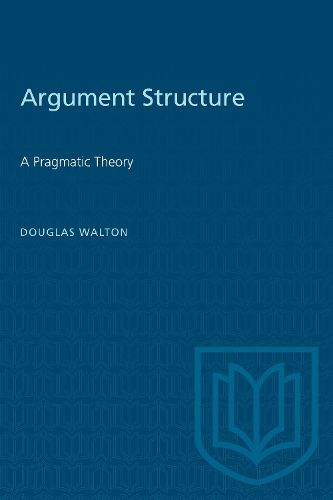Readings Newsletter
Become a Readings Member to make your shopping experience even easier.
Sign in or sign up for free!
You’re not far away from qualifying for FREE standard shipping within Australia
You’ve qualified for FREE standard shipping within Australia
The cart is loading…






The current difficulty with using argument diagramming as a teaching tool in courses designed to help students think more critically and criticize arguments more effectively is that the students are not able to carry out these tasks in a confident and definitive way, so that they are sure they have the right answer. The reason for this is that the various tests used in logic textbooks to carry out these tasks are often highly variable and contradictory. In many cases, either no real criteria at all are given, or else those given do not yield clear answers. For example, the same argument might be identified as linked according to the test advocated in one textbook, but as convergent according to another. Some textbooks tests even give results that appear intuitively wrong to students.
Douglas Walton provides a systematic survey, clarification, and assessment of the different tests currently being used to carry out the tasks involved in argument identification. He tests the tests themselves, and develops new methods for determining missing premises, for determining whether an argument is linked or convergent, and for deciding whether a given test of discourse contain an argument or not. The result is a clearly expressed theory of argument structure that yields a precise and consistent method of argument diagramming, making the technique much more useful and easily applicable.
Suitable for courses in informal logic, critical thinking, argumentation, and logical reasoning, the book will also be of interest to those in the fields of speech communication, rhetoric, discourse analysis, and education.
$9.00 standard shipping within Australia
FREE standard shipping within Australia for orders over $100.00
Express & International shipping calculated at checkout
The current difficulty with using argument diagramming as a teaching tool in courses designed to help students think more critically and criticize arguments more effectively is that the students are not able to carry out these tasks in a confident and definitive way, so that they are sure they have the right answer. The reason for this is that the various tests used in logic textbooks to carry out these tasks are often highly variable and contradictory. In many cases, either no real criteria at all are given, or else those given do not yield clear answers. For example, the same argument might be identified as linked according to the test advocated in one textbook, but as convergent according to another. Some textbooks tests even give results that appear intuitively wrong to students.
Douglas Walton provides a systematic survey, clarification, and assessment of the different tests currently being used to carry out the tasks involved in argument identification. He tests the tests themselves, and develops new methods for determining missing premises, for determining whether an argument is linked or convergent, and for deciding whether a given test of discourse contain an argument or not. The result is a clearly expressed theory of argument structure that yields a precise and consistent method of argument diagramming, making the technique much more useful and easily applicable.
Suitable for courses in informal logic, critical thinking, argumentation, and logical reasoning, the book will also be of interest to those in the fields of speech communication, rhetoric, discourse analysis, and education.